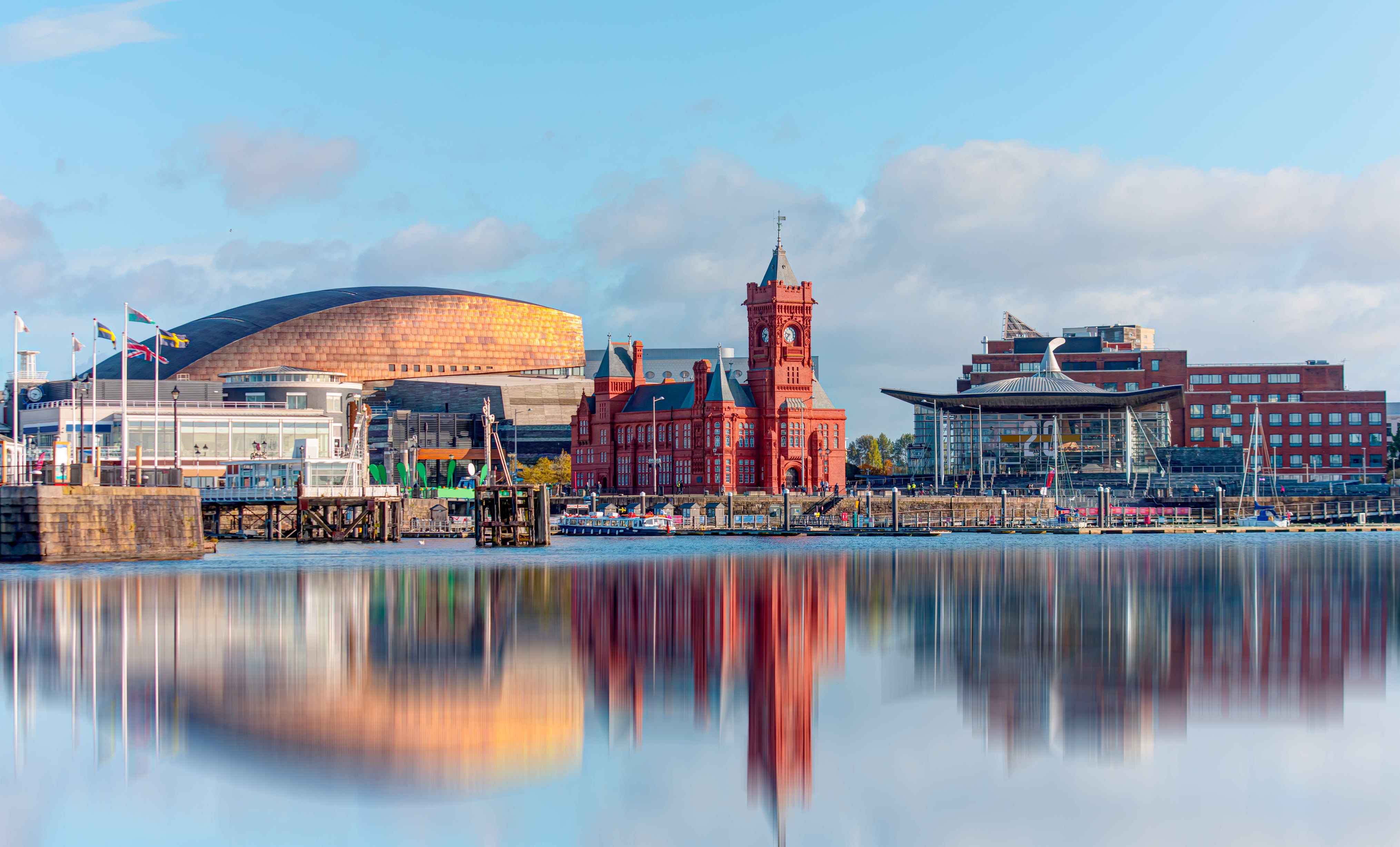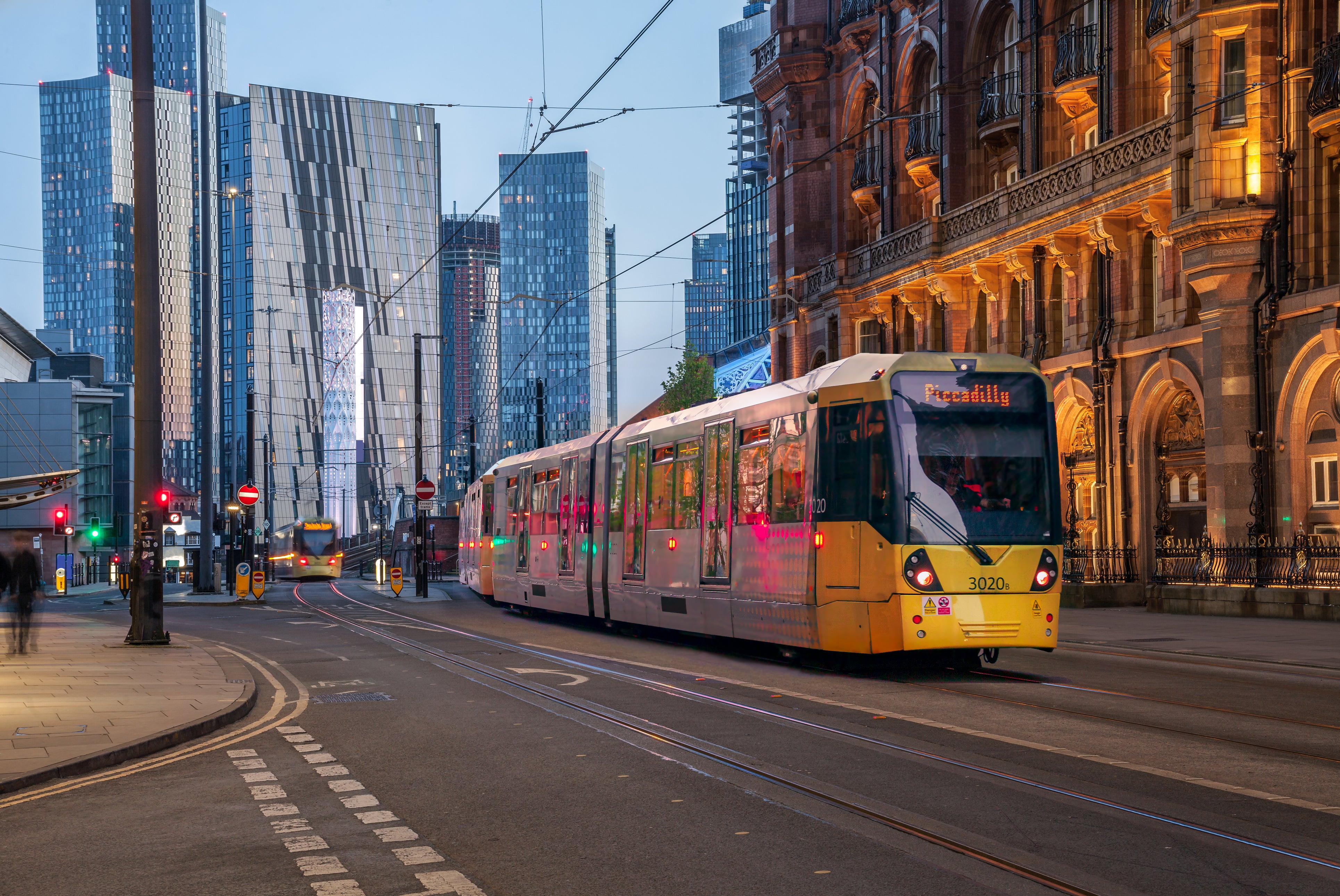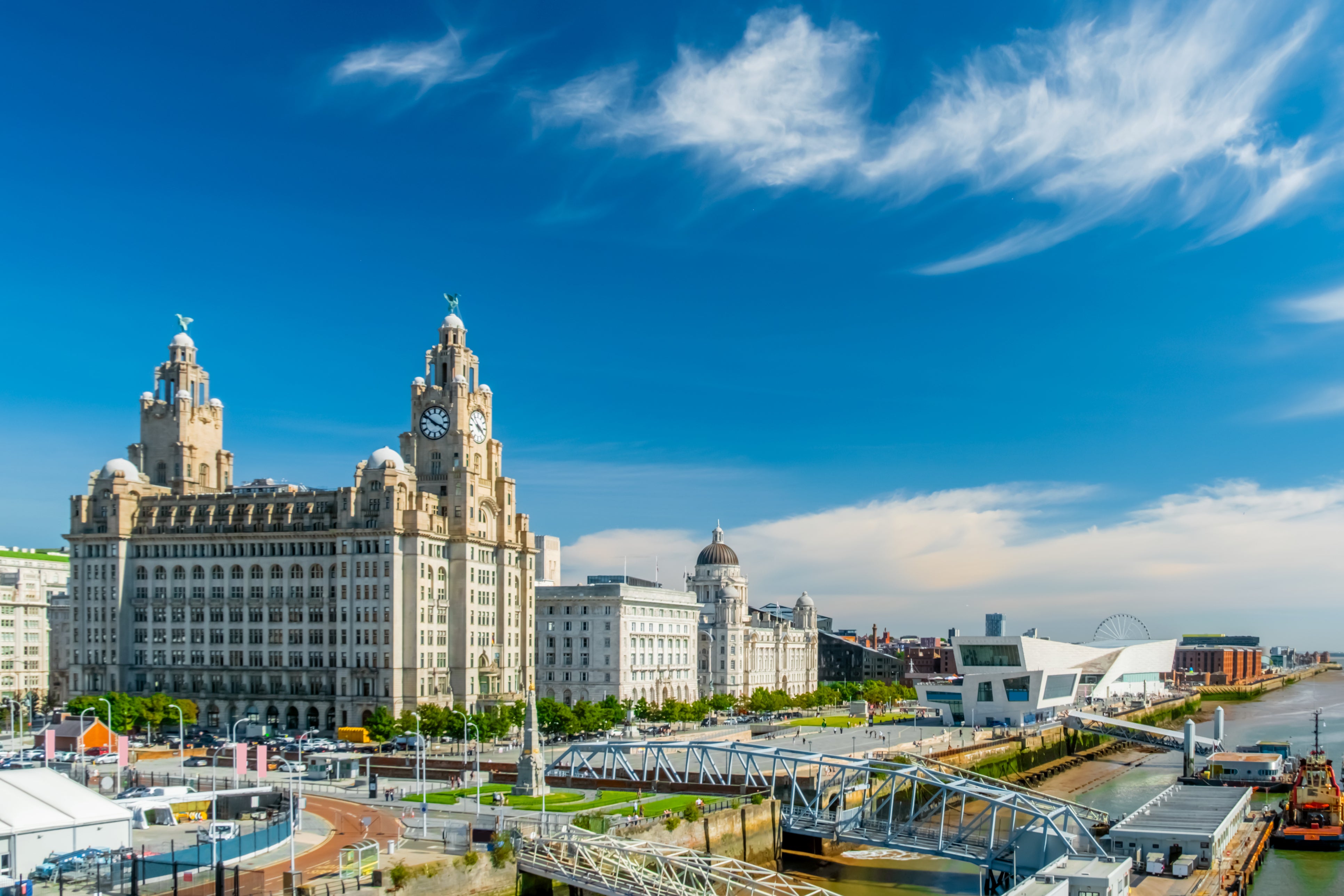Next year, Edinburgh will begin charging visitors for staying overnight, joining a growing number of tourist hotspots across Europe and beyond taxing its tourists.
It’s something you might have spotted in Paris, Barcelona or Amsterdam: an extra fee, added to your nightly accommodation bill. The levies are typically collected by hotels or rental properties on behalf of a local authority, and is usually reinvested into the city’s resources.
By as early as next year, you may need to start doing the same in Scotland and Wales, depending on where you visit. And while England does not impose tourist taxes, some legal loopholes have allowed cities such as Manchester and Liverpool to charge you a small fee when you stay overnight.
We have compiled the latest information on visitor levies in the UK, such as what areas you can expect an extra charge, why authorities are imposing them and where your money goes once it’s collected.
What is a visitor levy? Is it different to a tourist tax?
The phrases “tourist tax” and “visitor levy” are often used interchangeably, but both refer to the same policy: a levy on the occupation of short-stay accommodation in a local authority area.
The term “visitor levy” is used more often by local authorities in the UK. The language can get confusing as using the term “tourist tax” sounds like it implies those travelling for business would not need to pay; however, levies usually extend to all types of visitors, with a few exceptions. While it will vary between local authorities, those who are exempt from paying levies could include children, those travelling for medical reasons or fleeing from domestic violence.
A visitor levy normally takes the form of a charge per occupied bed or room per night, taxed on short-term accommodation providers such as hotels.
The charge can be a flat rate for the entire duration, or a series of flat rates, for example, £2 per room per night. It can also be set as a percentage of the nightly fee.
Scotland
The Visitor Levy (Scotland) Act became law in September 2024. This allows councils in Scotland to tax overnight accommodation if they wish to do so, and spend the money raised on local facilities and services used by visitors.
They must consult local businesses, communities and tourism organisations before agreeing to introduce the levy in their area.
Currently, no areas in Scotland have a visitor levy in place. In January 2025, Edinburgh became the first area to vote to add a five per cent surcharge on visitors’ overnight stays, but this won’t come into force until July 2026.
Businesses will need to apply the levy to any advance bookings made after 1 October 2025, for stays on or after 24 July 2026.
Glasgow will also have a five per cent overnight accommodation levy from 25 January 2027, while Aberdeen will have a slightly higher levy of seven per cent on overnight stays from 1 April 2027.
Wales
The Visitor Accommodation (Register and Levy) Etc. (Wales) Bill was passed by the Senedd in July 2025, giving power to councils in Wales to introduce a tax on overnight stays.
Like Scotland, no destinations in Wales currently have a tourist tax in place on overnight accommodation, as the earliest a council could implement one is April 2027.
The money raised from levies in Wales will be used to maintain local facilities and infrastructure to improve tourism. Councils must consult residents and businesses if they choose to introduce a fee.

The visitor levy will be charged per person per night and will be collected by the accommodation provider. For campsite pitches, hostels and dorms, the cost will be 75p per person, per night, while all other types of visitor accommodation will have a £1.30 charge per person per night.
You will not pay the visitor levy in Wales if you are staying for more than 31 nights in a single booking, are in emergency or temporary housing arranged by the council, or are under 18 and staying at a campsite, hostel or dorm,
England
As of October 2025, neither the central government nor local councils in England have the power to introduce a visitor levy. Primary legislation would need to be passed to permit this.
However, some city councils, like the ones in Manchester and Liverpool, have introduced a form of a tourist tax via a legal workaround.
What is an Accommodation Business Improvement District?
In a Business Improvement District (BID), local enterprises pay into a fund for community projects that will, in turn, benefit them. The Accommodation Business Improvement District (ABID) is a version of this for hotels.
It’s allowed Manchester and Liverpool city councils to establish visitor levies.
What are the tourist tax rules in Liverpool?
As of June 2025, guests staying in around 100 Liverpool ABID hotels pay a £2 per night fee. The group says this will bring in £9.2m over two years, of which £6.7m will go towards supporting the city’s visitor economy.
Authorities do not think that Liverpool is suffering from overtourism, but the ABID levy is part of a strategy to spread out the flow of visitors.
Bill Addy, CEO of Liverpool BID Company, explained that it is currently focused on attracting business events mid-week to support quieter times.

“This is because our corporate base isn’t as strong as it could be. The board of hoteliers is an invaluable source of understanding for both how the city ebbs and flows and its busiest times and trends,” he told The Independent.
Mr Addy also stated that Liverpool’s hospitality businesses “are in crisis”, so the BID is trying to reinvest in the tourist experience in the city – encouraging return visits.
After the BID levy was introduced this summer, Mr Addy said Liverpool has had the best July on record in terms of room bookings.
“That speaks for itself. Tourists are used to city charges, ours is a minimal, fixed fee that is easily communicated and absorbed. We are not using it to deter tourists, so that’s important to us.”
He also argued that local ABIDs preferable to a nationwide law. “We believe a model where the private sector can invest directly into visitor economy support is the better model.”
“Business Improvement Districts have to be accountable and transparent, and it means we can share the details of investment. It also allows for a hyperlocal approach that is both flexible and reactive,” he said.
What are the tourist tax rules in Manchester?
Over in Manchester, guests staying in paid accommodation within the Manchester ABID zone have to pay an additional £1 per room, per night.
Manchester ABID said that the levy has been “warmly welcomed” by guests and accommodation providers alike, with funds generated from this levy being used to support bids for awards ceremonies such as the Brit Awards and NBA sports events.
Who is calling for tourist tax powers in England?
From local councillors to members of parliament, many are keen for a tourist tax to be introduced in England. It appeals for two reasons: as an income source to reinvest in infrastructure, or to relieve the pressure of high tourist numbers.
Mayor of London Sadiq Khan has voiced his support. A spokesperson for the mayor told The Independent: “The Mayor believes that a modest tourist levy, similar to other international cities, would boost our economy, deliver growth and help cement London’s reputation as a global tourism and business destination.”
Which destinations are considering tourist taxes?
Councillors such as Brighton’s Bella Sankey have called for tourist tax powers to be given to local authorities, so cities under pressure from high visitor numbers can reinvest in the visitor economy. The leaders of the councils of historic English cities such as Bath and Cambridge have also called on the government to give them powers to introduce a tourist tax, while Oxford is taking Manchester and Liverpool’s lead in considering an accommodation BID levy.
Councillors from areas of natural beauty in England, such as Cornwall, have also voiced their support for visitor levy powers.

In June 2025, several mayors from across the country supported a campaign led by Liverpool mayor Steve Rotheram. At the time, they said that England is “at risk of falling behind” as Scotland and Wales move ahead with their own tourist taxes.
The mayors argued that the powers to create a visitor levy would unlock “vital” funding for tourism and cultural infrastructure and drive regional growth, as well as reduce dependence on funding from the central government.
Steve Rotheram said that the Liverpool ABID focuses on a small area in the city centre, and what he would like to see is a levy that spans across all six districts and share the benefits between them.
“I don’t accept that argument that it [a visitor levy] could be detrimental, but what we’re saying here is that we’d be happy to pilot a scheme,” he told The Independent. “We can do all sorts of wonderful things to make it more attractive to people, actually to come here in the first place.”
Mr Rotheram said a visitor levy would be used to “invest something huge to transform the visitor economy and to make it more attractive for international visitors to come to see that experience.”
He added that if accommodation put a charge of around five per cent on overnight stays, it could generate about £17m per year for Liverpool.
Which destinations do not want tourist taxes?
However, not everyone is excited by the prospect of introducing a visitor levy in England. A group of hoteliers in Bournemouth appealed against a £2 visitor levy for overnight stays in the area, claiming that the nightly visitor charge “financially penalises” the 75 hotels in the seaside resort area.
Bournemouth tried to introduce an ABID, but in January this year, local reports say an administrative error derailed the proposal.
Trade body UKHospitality also released a statement earlier this year stating that tourist taxes would dissuade both overseas visitors and staycationers, creating a loss for businesses, the economy and consumers.
Northern Ireland
A spokesperson from Northern Ireland’s Department for the Economy said: “No plans are under consideration to introduce a tourism levy in the north.”
Read more: Introducing a tourism tax would revolutionise our crumbling cultural landscape

